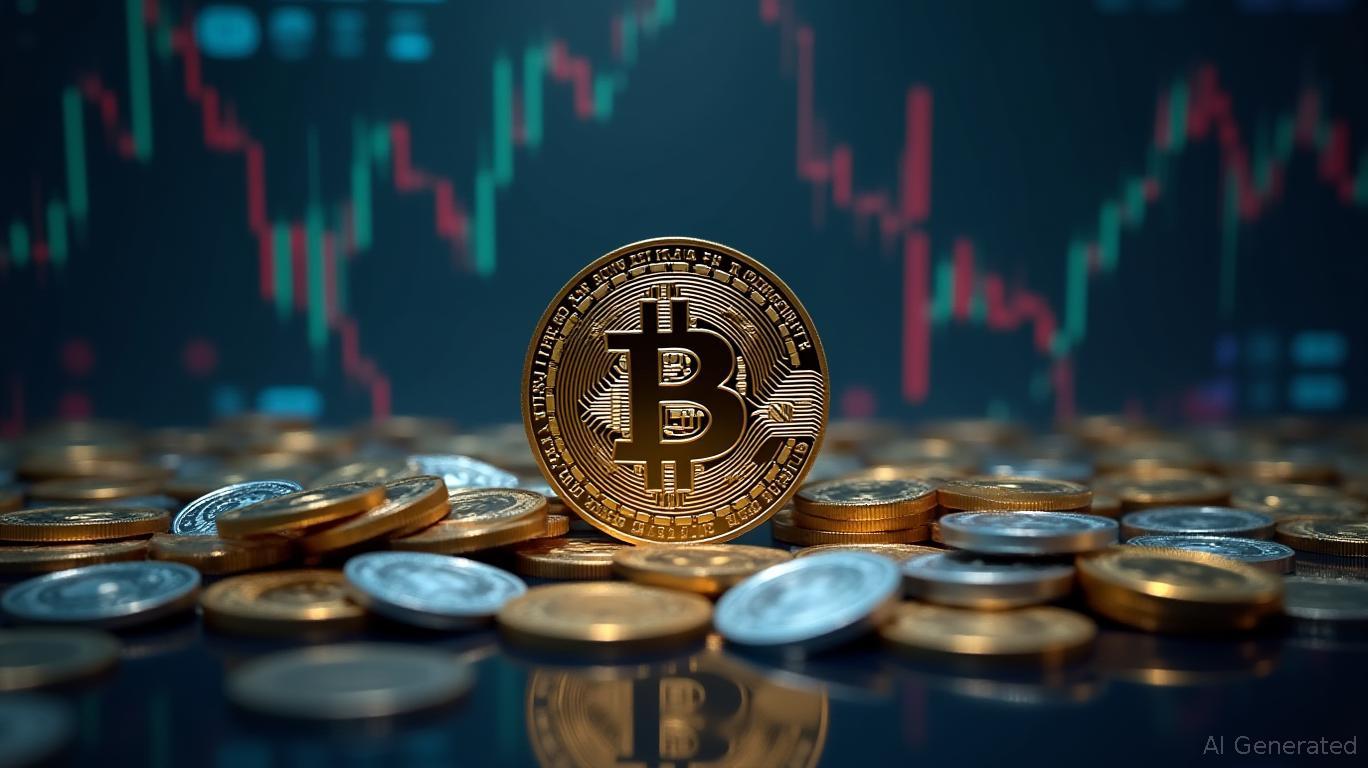France Eyes 2% of Total Bitcoin for National Strategic Reserve
France is taking a bold step toward embracing Bitcoin as part of its financial strategy. A new bill introduced in the National Assembly proposes that the country acquire 2% of Bitcoin’s total supply. With roughly 420,000 BTC over the next seven to eight years. If approved, France would become the first European nation to establish a Bitcoin Strategic Reserve.
Aiming for “Digital Gold”
The proposal, introduced by the Union of the Right and Center Party (UDR) and led by Éric Ciotti. It outlines an ambitious plan to build what supporters call “France’s national digital gold.” The reserve would be managed by a public administrative establishment. It is designed specifically to hold and oversee the nation’s Bitcoin assets.
The goal is to diversify France’s foreign exchange reserves. It strengthens financial sovereignty and positions the country as a leader in digital asset adoption. The idea reflects a growing belief among some lawmakers. Bitcoin can serve as a hedge against inflation and currency volatility, much like gold once did.
Funding the Bitcoin Reserve
According to the proposal, several channels would fund the accumulation of Bitcoin. One major source would be public Bitcoin mining operations. It is powered by France’s surplus nuclear and hydroelectric energy. This approach aims to make the process sustainable while supporting domestic energy industries.
The bill also suggests that the state should retain Bitcoins seized during judicial investigations instead of auctioning them off. Additionally, a portion of funds from popular savings accounts, such as Livret A and LDDS. They would allocate it to buy Bitcoin daily on the open market. This amounts to around €15 million per day or approximately 55,000 BTC per year. There is even a proposal to allow tax payments in Bitcoin. Though this would depend on constitutional approval.
Broader Push for Crypto and Stablecoins
Beyond the Bitcoin reserve, the bill includes several pro-crypto measures. This aims to strengthen France’s position in the digital asset sector. It recognizes euro-backed stablecoins as a legitimate payment method and proposes allowing small-scale transactions. This is up to €200 per day to be exempt from taxes and social contributions.
The lawmakers also urge the European Union to ease the MiCA regulation. This currently limits stablecoin issuance and pushes back against the idea of a digital euro. According to the bill, a central bank digital currency (CBDC) could “centralize control and threaten financial freedom.”
Limited Political Support but Strong Symbolism
Despite its ambitious scope, the bill faces an uphill battle in Parliament. The UDR currently holds only 16 seats. Which gives it limited power to push the measure through. Political analysts believe the proposal is unlikely to pass in its current form.
However, its introduction marks a significant shift in how France views Bitcoin. It signals a growing openness among policymakers to explore digital assets as tools of national strategy. Even if the bill doesn’t advance. It positions France as one of the few major economies seriously discussing Bitcoin at the national reserve level. As one industry observer put it online, “Whether or not this becomes law, France just put Bitcoin on the geopolitical map.”
Disclaimer: The content of this article solely reflects the author's opinion and does not represent the platform in any capacity. This article is not intended to serve as a reference for making investment decisions.
You may also like
Bitcoin Updates: Bitcoin Holds Steady While Altcoins Struggle in Downward Trend
- Bitcoin maintains neutral funding rates near 0.01%, while altcoins fall below 0.005% as bearish pressure intensifies. - Market divergence stems from Bitcoin's stability amid macroeconomic uncertainty and altcoins facing speculative selling pressure. - Geopolitical tensions and U.S. government shutdown drive risk-off sentiment, pushing investors toward Bitcoin as crypto's safe haven. - Altcoin bearishness worsens with regulatory uncertainties and capital shifting to high-growth DeFi projects like Mutuum F

Bitcoin Updates Today: With AI Transactions Surging, Is Blockchain Able to Expand While Maintaining Security?
- U.S.-China trade framework by Treasury Secretary Bessent boosts crypto markets, with Bitcoin up 1.8% and Ethereum 3.6% as Trump’s tariffs threat eases. - Institutional investors favor Ethereum’s energy-efficient PoS upgrades over Bitcoin, with 3.2M ETH held by firms like Bitmine. - Solana leads onchain app revenue (53%) and developer growth, while stablecoins process $46T annually, dominating 87% of the market. - Blockchain scalability faces scrutiny as networks handle 3,400 TPS, but security concerns pe

Blockchain’s Advancement Drives $30 Billion RWA Boom, Connecting DeFi with Conventional Finance
- USD1Swap partners with MOVA at Dubai Summit to advance digital asset infrastructure via cross-chain RWA tokenization. - RWA market expands to $30B as Oracle/IPDN launch compliant platforms and Maple Finance boosts TVL to $3.1B through yield strategies. - Dubai's fintech partnerships and AI-driven innovation aim to position the city as a global digital asset hub amid DeFi-traditional finance convergence.

EU's technology fund seeks to curb talent loss while major corporations strengthen their hold on the market
- European corporate giants maintain dominance through consolidation and cost-cutting, overshadowing startups struggling with fragmented funding and scaling challenges. - EU's €5B Scaleup Fund targets deep-tech innovation, but startups face talent exodus as global firms acquire European AI startups like Datakalab and Silo AI. - Exceptions like 80 Mile PLC demonstrate strategic alliances can enable growth, yet most startups remain capital-starved amid regulatory and market volatility. - Legacy firms leverag

